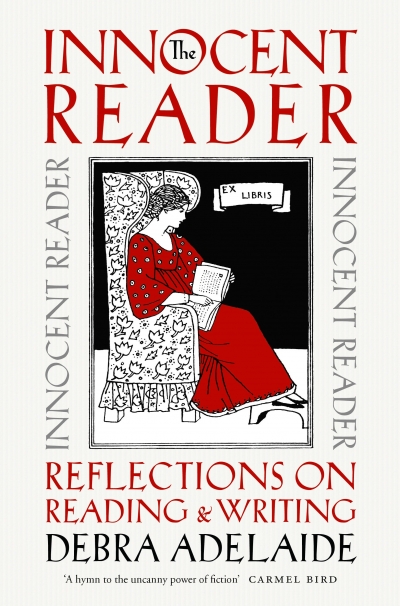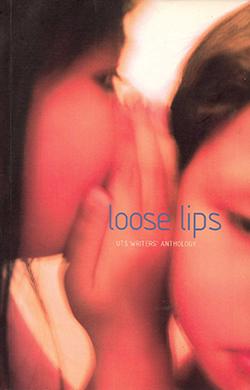Michael Wilding
Film | Theatre | Art | Opera | Music | Television | Festivals
Welcome to ABR Arts, home to some of Australia's best arts journalism. We review film, theatre, opera, music, television, art exhibitions – and more. To read ABR Arts articles in full, subscribe to ABR or take out an ABR Arts subscription. Both packages give full access to our arts reviews the moment they are published online and to our extensive arts archive.
Meanwhile, the ABR Arts e-newsletter, published every second Tuesday, will keep you up-to-date as to our recent arts reviews.
Recent reviews
The Innocent Reader by Debra Adelaide & Wild About Books by Michael Wilding
by Susan Sheridan •
Wild Bleak Bohemia: Marcus Clarke, Adam Lindsay Gordon and Henry Kendall - A documentary by Michael Wilding
by Susan K Martin •
Cyril Hopkins’ Marcus Clarke edited by Laurie Hergenhan, Ken Stewart and Michael Wilding
by Susan K Martin •
Loose Lips edited by Lauren Finger et al. & True North edited by Marain Devitt
by Michael Williams •










